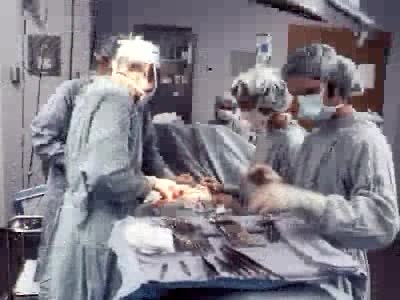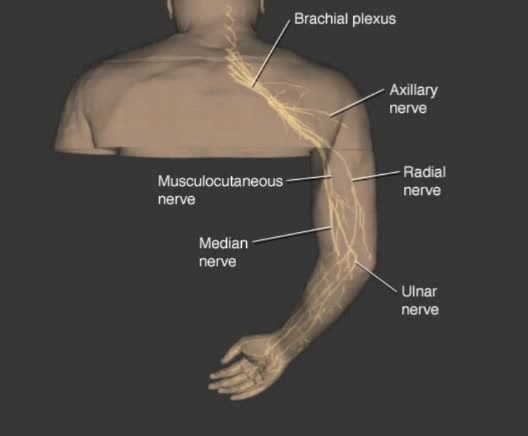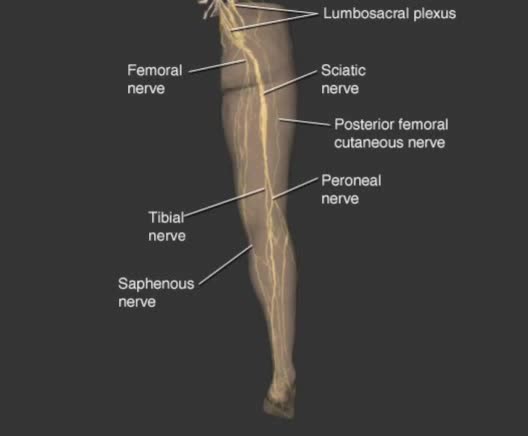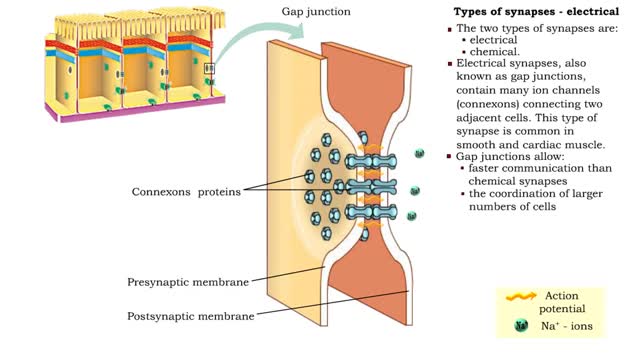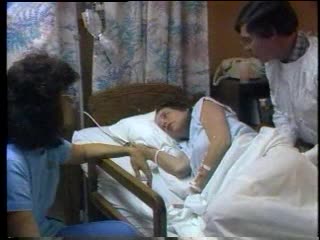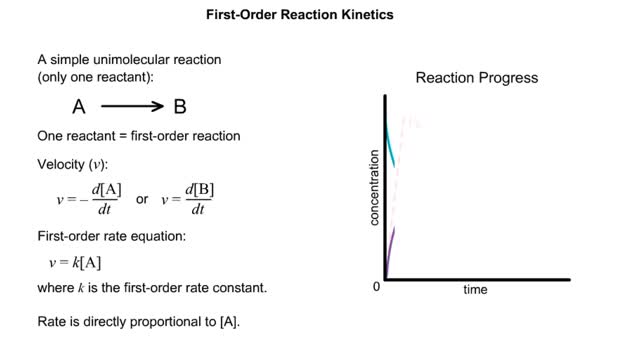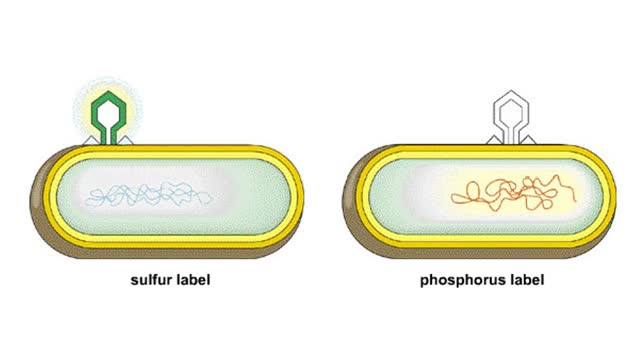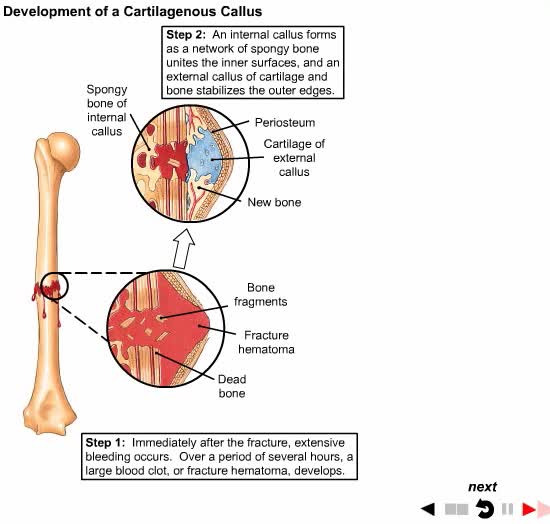Search Results
Results for: 'Type 2'
By: Administrator, Views: 13085
Breast cancer is cancer that develops from breast tissue. Signs of breast cancer may include a lump in the breast, a change in breast shape, dimpling of the skin, fluid coming from the nipple, a newly inverted nipple, or a red or scaly patch of skin. In those with distant spread of the disease, t...
Introduction to Erectile Dysfunction
By: Administrator, Views: 347
Erectile dysfunction (ED), also known as impotence, is a type of sexual dysfunction characterized by the inability to develop or maintain an erection of the penis during sexual activity. Erectile dysfunction can have psychological consequences as it can be tied to relationship difficulties and se...
By: Administrator, Views: 398
Used to describe neuronal processes conducting impulses from one location to another. Nerve fibers: - Nerve fibers of the PNS are wrapped by protective membranes called sheaths. - Myelinated fibers have an inner sheath of myelin, a thick fatty substance, and an outer sheath or neurilemma compo...
By: Administrator, Views: 371
Used to describe neuronal processes conducting impulses from one location to another. Nerve fibers: - Nerve fibers of the PNS are wrapped by protective membranes called sheaths. - Myelinated fibers have an inner sheath of myelin, a thick fatty substance, and an outer sheath or neurilemma compo...
Types of synapses - electrical & chemical
By: HWC, Views: 10584
• Neurons communicate with one another or effector cells via synapses that allow information to be filtered and integrated. • The two types of synapses are: • electrical • chemical. • Electrical synapses, also known as gap junctions, contain many ion channels (connexons) conne...
Labor and Delivery - Transition
By: Administrator, Views: 363
The last part of active labor – when your cervix dilates from 8 to a full 10 centimeters – is called the transition period because it marks the shift to the second stage of labor. This is the most intense part of labor. Contractions are usually very strong, coming every two and a half to t...
By: HWC, Views: 9745
✔ https://HomeworkClinic.com ✔ https://Videos.HomeworkClinic.com ✔ Ask questions here: https://HomeworkClinic.com/Ask Follow us: ▶ Facebook: https://www.facebook.com/HomeworkClinic ▶ Review Us: https://trustpilot.com/review/homeworkclinic.com Kinetics is the study of the rat...
By: HWC, Views: 7677
Hershey and Chase knew that T4 bacteriophages consist of proteins and DNA. They asked which viral component must enter a bacterial cell to infect it: DNA or protein? They grew viruses with either radioactive sulfur, which labels the viral protein, or radioactive phosphorus, which labels DNA. ...
How Broken Bones Repair Themselves
By: Administrator, Views: 486
Bone healing, or fracture healing, is a proliferative physiological process in which the body facilitates the repair of a bone fracture. Generally bone fracture treatment consists of a doctor reducing (pushing) displaced bones back into place via relocation with or without anaesthetic, stabili...
Advertisement




